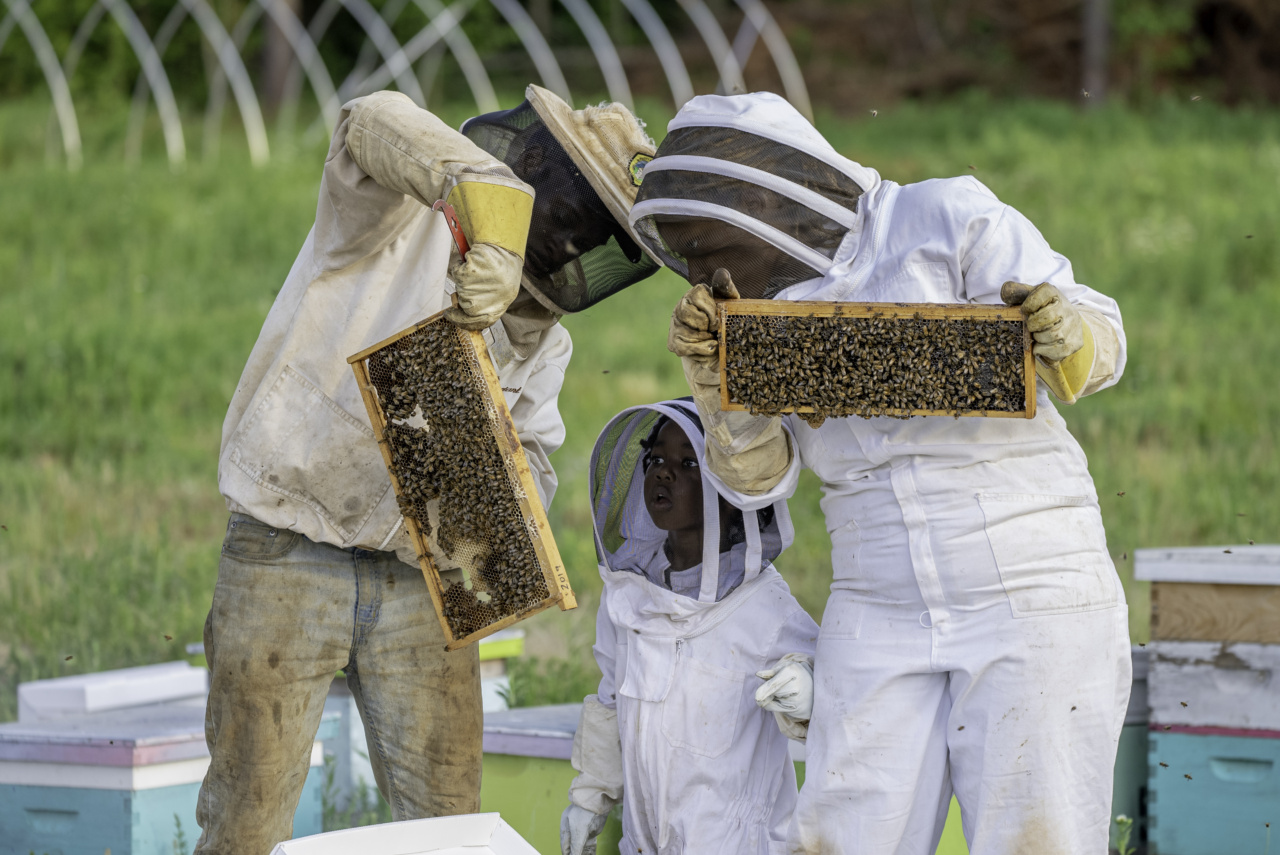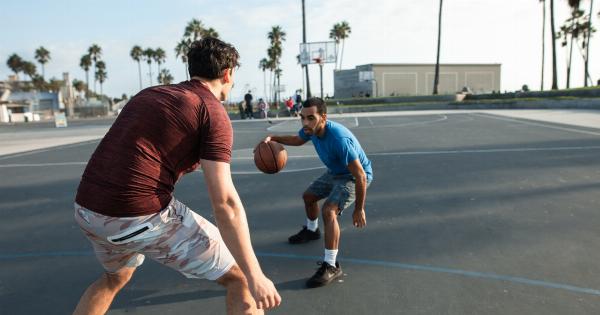One of the most challenging parts of parenting is knowing how and when to guide children through their sexual exploration.
Sex education is an essential part of a child’s development, and parents must play an active role in providing accurate and age-appropriate information. However, the question remains – how involved should parents be in their child’s sexual exploration?.
The Role of Parents in Sex Education
It’s no secret that sex education is a vital component of a child’s development.
Studies show that children who receive comprehensive sex education are more likely to delay sexual activity, use protection when they do engage in sexual activity, and have positive sexual experiences. Parents play a crucial role in their child’s sex education by providing the information they need to make informed and responsible decisions.
When it comes to sexual exploration, parents need to strike a balance between being involved and respectful of their child’s privacy.
Encouraging open dialogue, answering questions honestly, and creating a safe space where children feel comfortable discussing their feelings and experiences are critical.
Understanding Consent
Another essential aspect of a child’s sexual exploration is understanding consent. Consent means that all parties involved must agree to any sexual activity. Children must learn what consent means and how to give and receive it.
Parents can start by teaching their children about boundaries, respect, and the importance of checking in with their partner before engaging in any sexual activity. They can also model healthy relationships and teach children how to identify unhealthy dynamics, such as coercion or manipulation.
Setting Parameters
As children grow older, their sexual exploration may become more private, leading parents to wonder when to step in and when to respect their child’s privacy. Setting parameters around privacy is essential.
Parents should discuss their expectations regarding privacy and establish boundaries that suit their family’s needs. This includes discussing what kind of sexual exploration is appropriate and what kind of behavior is not acceptable.
Parents should also take the time to explain the potential risks and consequences of certain behaviors, such as sharing sexual images or engaging in sexual activity online.
Encouraging Safe Sexual Practices
Encouraging safe sexual practices is another critical aspect of a child’s sexual exploration. Parents can teach their children about different methods of contraception and the importance of using them correctly.
They can also discuss sexually transmitted infections (STIs) and how to prevent them. Parents should emphasize the importance of regular STI testing, especially if their child is sexually active.
The Importance of Listening
One of the most critical aspects of being involved in your child’s sexual exploration is listening. Creating a judgment-free space where children feel comfortable discussing their experiences without fear of repercussions is crucial.
Parents need to listen to their children’s concerns and questions carefully, providing accurate and honest information in a way that is age-appropriate. This is especially important when addressing topics such as sexuality, gender identity, and sexual orientation.
The Risks of Over-Involvement
While being involved in your child’s sexual exploration is crucial, over-involvement can be damaging.
Overstepping boundaries and invading your child’s privacy can negatively impact their trust in you and lead to feelings of shame and embarrassment. It’s essential to establish trust with your child and allow them space to make mistakes and learn from them.
How to Be Involved Without Overstepping Boundaries
So, how can parents be involved in their child’s sexual exploration without overstepping boundaries?.
- Open communication: Encouraging open communication and creating a judgment-free space can help children feel comfortable discussing their concerns.
- Respect privacy: It’s essential to establish boundaries regarding what kind of sexual exploration is appropriate and respect your child’s privacy.
- Model healthy relationships: Modeling healthy relationships and discussing healthy dynamics is crucial in educating children on the importance of consent and respect.
- Answer questions: Be available to answer your child’s questions honestly and accurately.
- Provide education: Provide education on contraception, safe sex practices, and STIs.
- Listen: Listen to your child’s concerns and answer their questions in a way that is age-appropriate and respectful of their privacy.
Conclusion
Parents play a crucial role in their child’s sexual exploration and development. Striking a balance between being involved and respecting their child’s privacy can be challenging, but it’s essential for their growth and development.
Encouraging open dialogue, modeling healthy relationships, and providing accurate and age-appropriate information are critical components of a child’s sexual education. Parents should listen to their child’s concerns and answer their questions honestly and respect their boundaries.






























